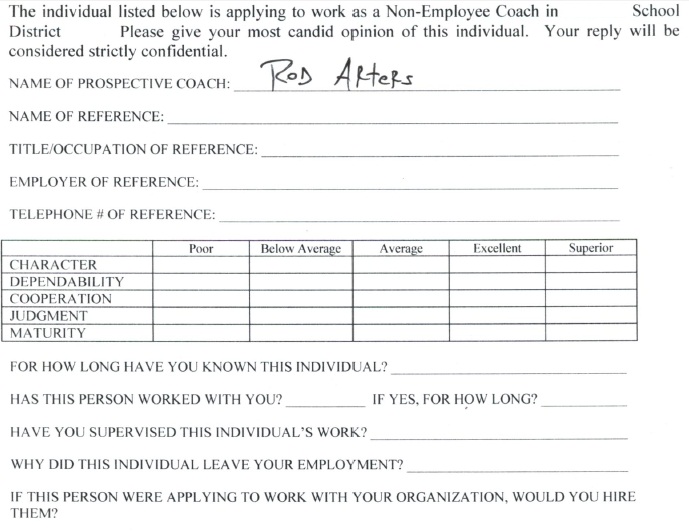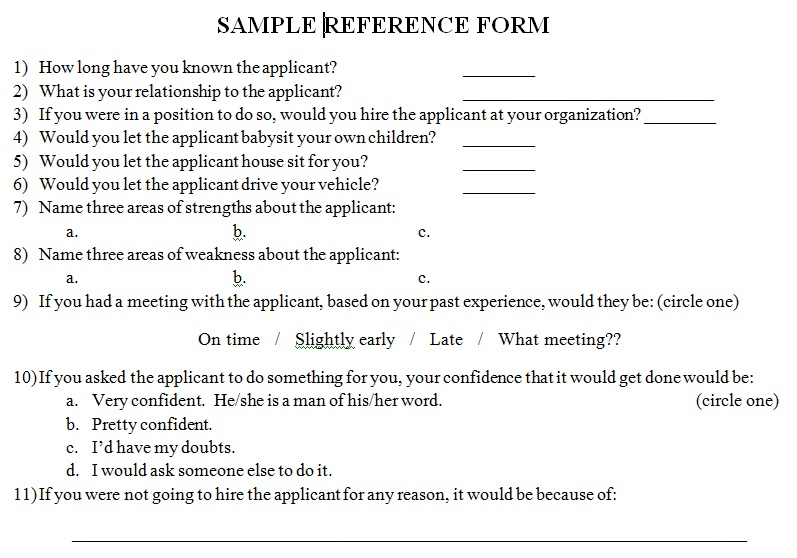 If you could ask God for one thing, what would it be? If you knew He would grant you the answer to your request, what would you ask of Him?
If you could ask God for one thing, what would it be? If you knew He would grant you the answer to your request, what would you ask of Him?
If you think like me, you’d say something like, “Unlimited wishes.” Or unlimited Thin Mint cookies. Or maybe you would ask for unlimited wealth. Or health. Or holiness. Or fame. Or weight loss. Or better vision. Or the ability to Zumba. Near the top of my list would be to beat my son, one time, in a video game. The answers can get silly because the question seems ridiculous. After all, we know that God is not going to grant us whatever we want. Why would He? Like a giant celestial butler, doesn’t He only do things for certain people? Don’t you have to go to church or stop cursing or give money or walk old ladies across the street for Him to do something for you? Doesn’t He operate like a vending machine? Only those who put in the correct coins and the right amount get what they want from Him?
God actually gives us some guidelines of the types of prayers He says He will answer.
- He answers prayer according to His relationship with you. A parent would be more likely to answer the request of his own child over the bratty neighborhood kid he does not know. A boss would be more likely to do something to help his own employee over the employee of the competitor. Relationship matters. If you do not have a personal relationship with God – do not expect Him to hear your prayer. (John 10, John 15:7, James 5:16)
- He answers prayer according to our “standing” with Him. You might be a Christian but if you are living in rebellion to His Truth, do not expect to be heard. This should make sense to us. After all, parents are more likely to do something for an obedient child than one who is wayward. (Psalm 66:18)
- He answers prayer according to His will. A good parent will always allow us to have what they think is best for us. As a parent myself, I will always say yes if my child wants an egg for breakfast. By contrast, I would not allow a candy bar for breakfast since that would not be “according to my will.” (I John 5:14-15) Some of our prayers, though good in and of themselves, are not what God wants for us and therefore He denies the request. Or the timing is not right. It’s not because He is mean, it’s simply because He knows what’s best for you – at that time.
- He answers prayers offered “in His name.” A prayer to Allah is not the same as a prayer to the God of Scripture. A prayer to the universe or to karma or to the Great White Spirit does not reach the ears of God. Even Mother Mary and deceased disciples are not in a position to answer prayers (sorry Catholic friends!). If my kids are in trouble they know they should call ME, not any random parent on the planet. They can dial eight random digits on their phone but only the correct eight in the proper sequence will ring my direct line – aka “in my name.” My relationship with them ALONE is my motivator to help them. Though I may choose to help an unknown child in an emergency, that same child should not expect to eat at my house, borrow $20 or have me pay for his college education. (John 14:13-14)
It may surprise you to know that there is actually one thing you can ask for and God will give it to a child of His EVERY time. There is one request He says He will never deny. It doesn’t matter if you are Protestant or Catholic. Young or old. Rich or poor. It doesn’t matter where you live, where you work, what you have done or who your parents are. His only criteria, it appears, is that you believe in Him and ask in faith.
“If any of you lacks wisdom, you should ask God, who gives generously to all without finding fault, and it will be given to you. But when you ask, you must believe and not doubt, because the one who doubts is like a wave of the sea, blown and tossed by the wind. That person should not expect to receive anything from the Lord. Such a person is double-minded and unstable in all they do.” – James 1:5-8
- IF ANY OF YOU. The book is addressed to Christians. The offer is for those who have a personal relationship with Him.
- LACKS WISDOM. Even a believer lacks wisdom and is in need of more.
- YOU SHOULD ASK GOD. You have to ask for it. Either you get it from Him or you learn it the hard way.
- WHO GIVES GENEROUSLY. God is like that. Any gift from Him is a generous one, in substance and portion.
- TO ALL. He does not put limits on who can receive this gift. He does not show favorites or restricts who has access to it. He so desires His children to have wisdom that he makes it available to ALL. What human Dad would only want some of his children to possess wisdom? It’s in the family’s best interest for every child to be wise.
- WITHOUT FINDING FAULT. If God only gave it to the “good” people, no one would get it. He does not dispense wisdom because you are worthy of it. He offers it in spite of your past. He gives it because you need it, not because you deserve it.
- AND IT WILL BE GIVEN TO YOU. Bam! Just like that. Instantly delivered into your moral bank account. Is that how it works?
Though there could be some supernatural delivery of wisdom deposited into your being, it would be safe to assume that three other components should be in place:
- Ask regularly. If your child asked for something once and never again, does he really want it? Those that ask for wisdom repeatedly show God a heart that truly desires it. God seems to give this gift in direct proportion to your asking. Ask Him for it once and He will give it to you once. Ask Him every day and you should expect a daily portion. This was the point Jesus was conveying to His disciples when He said, “If you then, being evil, know how to give good gifts to your children, how much more will your Father who is in heaven give what is good to those who ask Him!” (Matthew 7:11)
- Read the book of Proverbs. Proverbs was written by Solomon, the son of David, reportedly the wisest man ever to live on the planet (I Kings 3:11). The purpose of the book is “to know wisdom and instruction, to discern the sayings of understanding, to receive instruction in wise behavior, righteousness, justice and equity; to give prudence to the naive, to the youth knowledge and discretion.” (Proverbs 1:1-4) If you really want wisdom, read the Bible with Proverbs being your first book.
- Learn from your past. Confucius once said, “By three methods we may learn
 wisdom: First, by reflection, which is noblest; Second, by imitation, which is easiest; and third by experience, which is the bitterest.” Every poor choice and bad decision produces a nugget of wisdom for you. Learn from the nuggets.
wisdom: First, by reflection, which is noblest; Second, by imitation, which is easiest; and third by experience, which is the bitterest.” Every poor choice and bad decision produces a nugget of wisdom for you. Learn from the nuggets.
Soon after Solomon became the newly installed King of Israel, God appeared to him in a dream and said, “Ask what you wish Me to give you.” (I Kings 3) In other words, Solomon was given the opportunity to rub the genie lamp of God.
He didn’t ask for health or long life. He didn’t ask for wealth or fame. He didn’t ask for victory over his enemies or even more power. Solomon recognized, as the new leader of a huge nation, that he needed something more practical. He asked for “an understanding heart to judge Your people, to discern between good and evil. For who is able to judge this great nation of Yours?”
God granted his request. We are told that his “wisdom surpassed the wisdom of all the sons of the east and all the wisdom of Egypt.” (I Kings 4:30)
God said to him, “Since you have asked for this and not for long life or wealth for yourself, nor have asked for the death of your enemies but for discernment in administering justice, I will do what you have asked. I will give you a wise and discerning heart, so that there will never have been anyone like you, nor will there ever be. Moreover, I will give you what you have not asked for — both wealth and honor — so that in your lifetime you will have no equal among kings. And if you walk in obedience to Me and keep My decrees and commands as David your father did, I will give you a long life.” (3:11-14)
That is typical God. No one can out-give Him. He is “able to do far more abundantly beyond all that we ask or think.” (Ephesians 3:20). As Nancy Spiegelberg wrote,
“Lord, I crawled across the barrenness to You with my empty cup, uncertain in asking any small drop of refreshment. If only I’d known You better – I’d have come running with a bucket.”
Whether you are the leader of a nation, a business, a classroom, a family or sports team, you need more wisdom. Right now it’s sitting on a shelf in the warehouse of God. He’s ready to deliver it. You just need to ask for it.
Like all things of value, wisdom is expensive. You either get it through a humble petition or you acquire it through humbling mistakes.
Request your portion of wisdom today. It costs less to ask. It will be yours in abundance when you fall.












